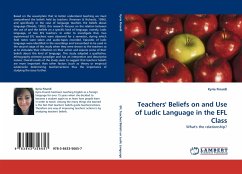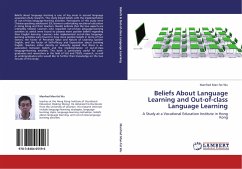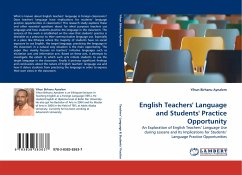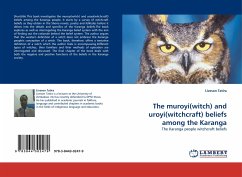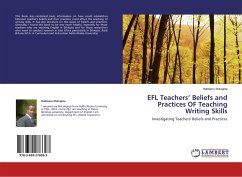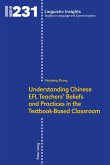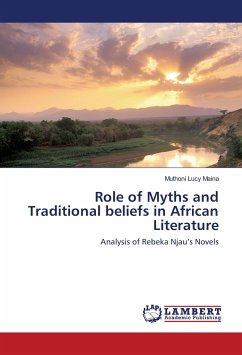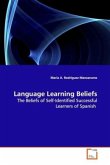Based on the assumption that to better understand teaching we must comprehend the beliefs held by teachers (Freeman & Richards, 1996), and specifically in the case of language teachers the beliefs about language (Woods, 1993), this research focuses on the relation between the use of and the beliefs on a specific kind of language, namely, ludic language, of two EFL teachers. In order to investigate that, two experienced EFL teachers were observed for a semester, during which field notes were taken and audio-tapes recorded. Episodes of ludic language were identified in the recordings and transcribed to be used in the second stage of this study when they were shown to the teachers so as to stimulate their reflection on their action and express some of their beliefs about this kind of language. This study adopted a qualitative, ethnography-oriented paradigm and has an interpretive and descriptive nature. Overall results of the study seem to suggest that teachers' beliefs are more important than other factors (such as theory or empirical evidence)in determining teachers'actions thus the importance of studying the issue further.

